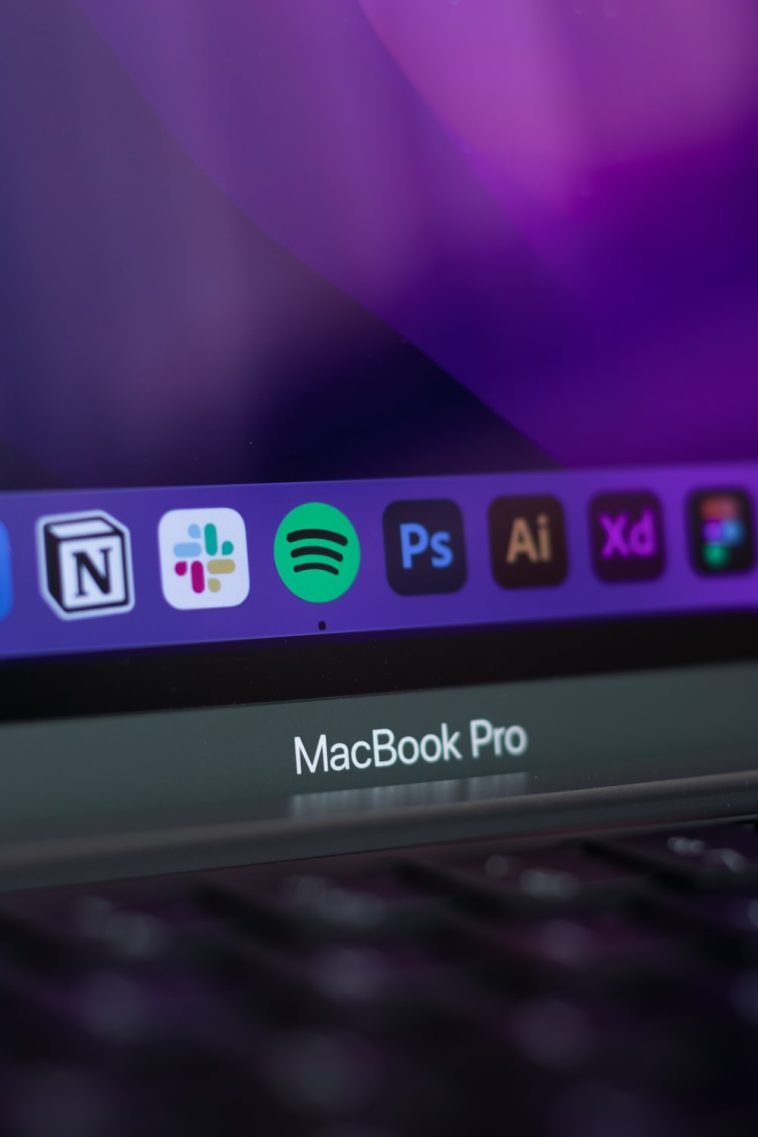Introduction.
Running a business is no small feat. Between keeping track of projects, managing your team, staying on top of your goals, and organizing day-to-day operations, it can feel like a million things is happening at once.
That’s where Notion comes in. If you haven’t heard of it yet, Notion is a flexible tool that helps you organize, plan, and collaborate—all in one place. It’s not just for individuals looking to manage their schedules; it’s a game-changer for businesses too.
What makes Notion so useful is its ability to adapt to what you need. It’s like a digital Swiss Army knife for your business, helping you handle everything from project management to client databases.
If you’re looking for a way to streamline your operations or just make running your business a little less chaotic, Notion might just be the tool you’ve been waiting for.
Let’s talk about how to make the most of it.
Why Notion Works So Well for Businesses
Notion stands out because it’s so customizable. Unlike apps that only do one thing, Notion lets you create systems that match how your business works. Here’s why it’s so effective:
1. All-in-One Workspace
No more jumping between apps for task management, note-taking, or storing documents. Notion combines all these functions into one space.
For example, you can create a project tracker, a team knowledge base, and a client CRM—all within Notion.
2. Customizable Templates
Notion offers templates for nearly any business need. Whether you need a content calendar, a meeting notes template, or an invoice tracker, you can set it up in minutes. Plus, you can tweak these templates or create your own from scratch.
3. Collaboration Made Easy
If you’re working with a team, Notion makes it simple to collaborate. You can share pages with team members, assign tasks, and add comments. Everyone stays in the loop, and there’s no need for endless email threads or extra meetings.
4. Affordable for Small Businesses
Notion’s pricing is another bonus. For small teams, their plans are budget-friendly, and there’s even a free version with plenty of features. Compared to other tools that charge for every add-on, it’s a solid deal.
How Do I Run My Business with Notion?
Now let’s get into the details. Here are some of the most effective ways to use Notion for managing your business.
1. Create a Business Dashboard
A business dashboard can be your go-to page in Notion, where you organize all the important info. Think of it as your business’s control centre. Here’s what you can include:
- Task List: Keep track of your daily to-dos.
- Team Updates: Add a section for important announcements or updates.
- Quick Links: Link to other Notion pages, like your project tracker or client database.
Having everything in one place can save you time and reduce the mental load of remembering where things are.
2. Track Projects and Deadlines
Use Notion’s database feature to create a project tracker. You can set it up to show:
- Project Name
- Start and End Dates
- Assigned Team Members
- Current Status (e.g., In Progress, Completed)
You can view this tracker as a table, a calendar, or even a Kanban board—whatever works for you.
3. Manage Your Team
If you have employees or freelancers, you can use Notion to manage your team. Create a team hub where everyone can access:
- Meeting Notes: Keep track of what’s discussed and what action items come out of meetings.
- Task Assignments: Clearly show who’s responsible for what.
- Training Materials: Store onboarding docs or tutorials.
This keeps everyone aligned and makes it easy for new hires to get up to speed.
4. Organize Your Finances
Notion can help you stay on top of your budget and expenses. Set up a page to:
- Track Expenses: List your business expenses and categorize them (e.g., marketing, software, travel).
- Monitor Revenue: Add a table to track how much money your business is bringing in.
- Plan Your Budget: Include a section for your monthly or yearly budget goals.
You can even link to external tools like Google Sheets or QuickBooks if you need more advanced financial tracking.
5. Build a CRM for Clients
A CRM (Customer Relationship Management) system doesn’t have to be complicated. In Notion, you can create a simple database to track:
- Client Names and Contact Info
- Project Details
- Follow-Up Dates
- Notes on Meetings or Emails
This makes it easy to keep up with client communication and ensure nothing slips through the cracks.
6. Plan Your Content
If your business relies on content marketing, Notion is a great tool for planning and organizing your content. You can:
- Create a Content Calendar: Plan blog posts, social media updates, or videos with deadlines and publish dates.
- Store Ideas: Jot down content ideas as they come to you.
- Track Progress: Use tags like “Drafting,” “Editing,” or “Published” to keep track of where each piece of content stands.
7. Document Processes and SOPs
Every business has repeatable tasks, like sending invoices or onboarding new clients. Use Notion to document these processes so they’re easy to follow. Create pages for:
- Step-by-Step Instructions: Break down tasks into simple steps.
- Templates: Save time by creating templates for recurring documents or emails.
Having these processes written down can save time and help your team be more consistent.
FAQs
Q: Is Notion hard to learn?
A: Not at all. It might take a little time to figure out how to set up your pages the way you want, but there are tons of tutorials and resources online. Plus, Notion’s drag-and-drop system makes it pretty intuitive.
Q: Can I use Notion offline?
A: Yes, you can access your pages offline, but you’ll need to reconnect to the internet for any changes to sync across devices.
Q: Is it secure for business data?
A: Notion uses encryption to protect your data, both in transit and at rest. However, like with any tool, avoid storing highly sensitive information unless necessary.
Q: How does Notion compare to other tools?
A: Notion’s biggest strength is its flexibility. Unlike tools like Trello or Asana, which are more specialized, Notion lets you build your own system to fit your needs.
Wrapping It Up
Using Notion to run your business can save you time, reduce stress, and keep you organized. It’s an all-in-one solution that grows with your business, whether you’re a solopreneur or managing a small team. The best part? You can start small and expand your setup as you go.
So, what’s your biggest challenge in running your business, and how do you think Notion could help?





GIPHY App Key not set. Please check settings